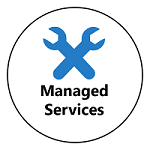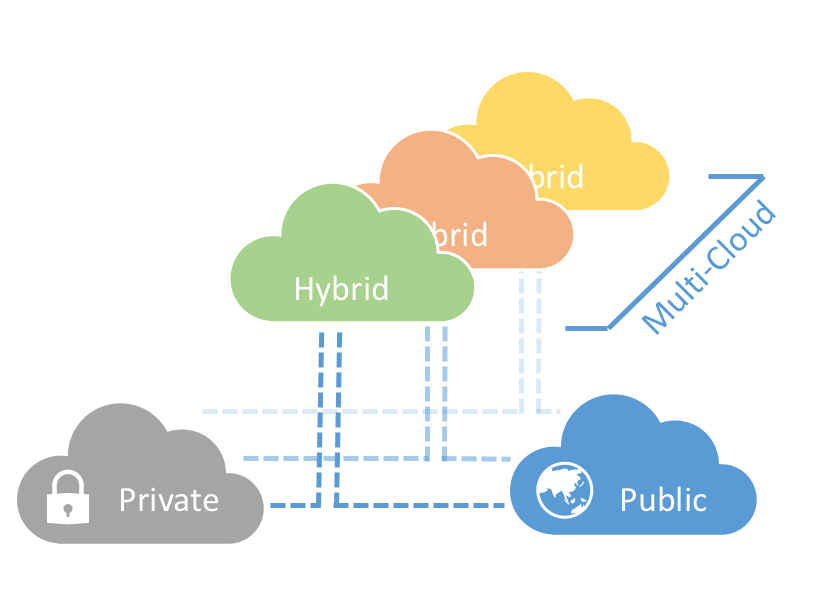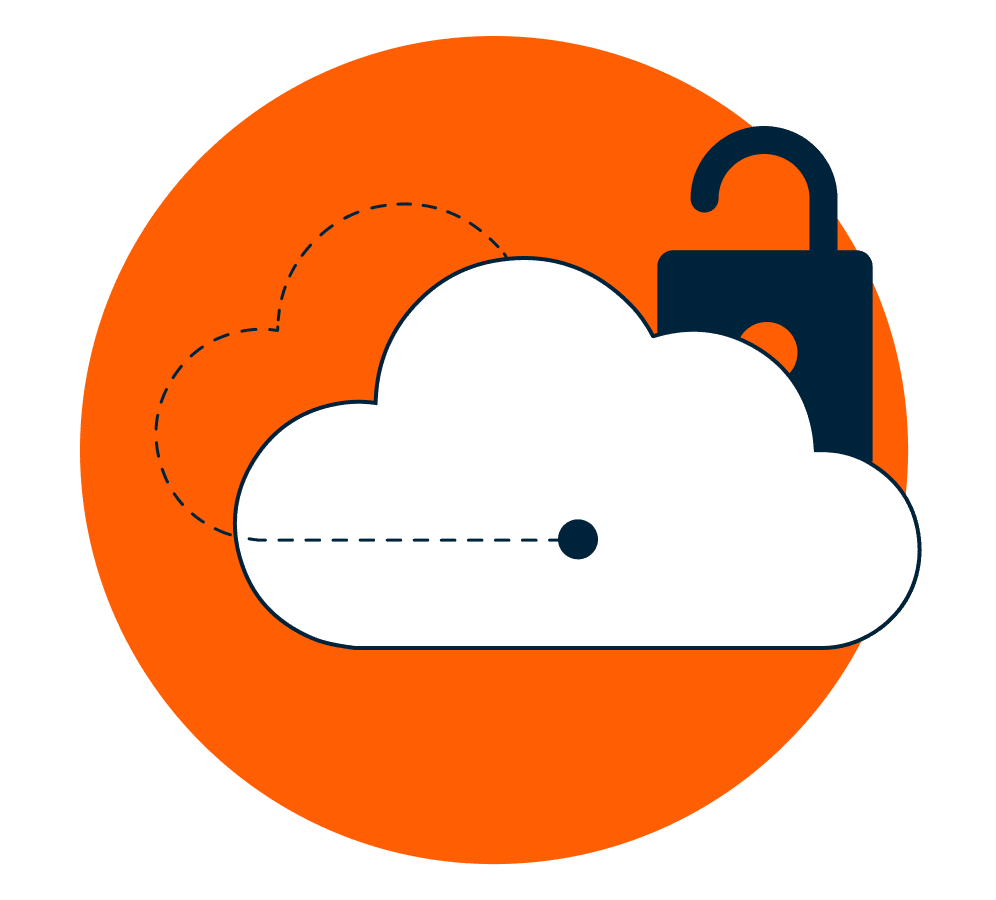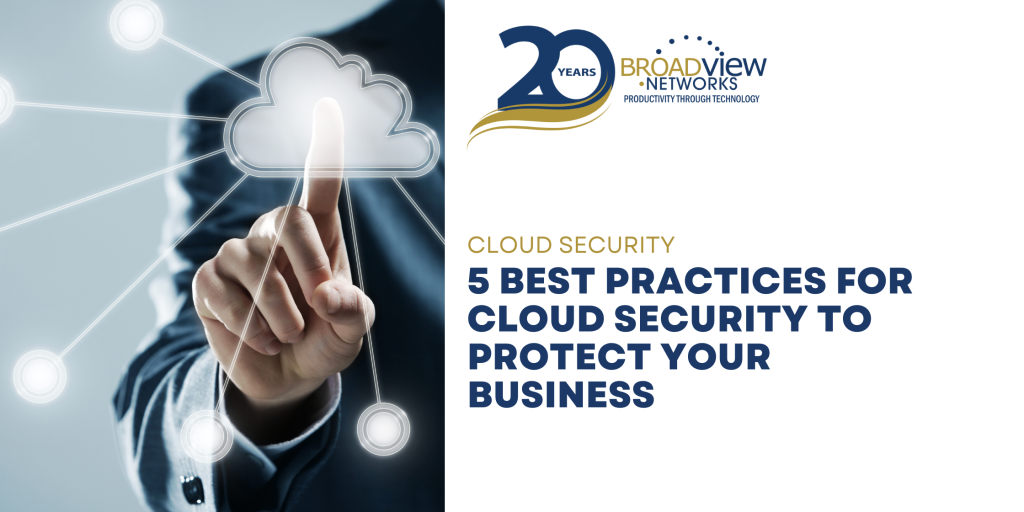Introduction
Cloud computing has revolutionized the way businesses operate, offering flexibility, scalability, and cost-efficiency. As organizations increasingly adopt cloud solutions, they are faced with the decision of choosing between multi-cloud and hybrid cloud architectures. Both options have their advantages and considerations, making it crucial to understand which approach best suits your needs. In this blog post, we will explore the differences between multi-cloud and hybrid cloud, and help you determine which one aligns with your business requirements.
Understanding Multi-Cloud
Multi-cloud refers to the use of multiple cloud service providers to meet different business requirements. With a multi-cloud approach, organizations can leverage the strengths of various cloud platforms, such as Amazon Web Services (AWS), Microsoft Azure, and Google Cloud Platform (GCP). This allows businesses to avoid vendor lock-in and take advantage of specialized services offered by different providers.
Benefits of Multi-Cloud
1. Flexibility: Multi-cloud enables organizations to choose the best cloud services for each specific workload or application. This flexibility allows businesses to optimize performance and cost-effectiveness.
2. Redundancy: By distributing workloads across multiple cloud providers, organizations can ensure high availability and minimize the risk of downtime. If one provider experiences an outage, the workload can seamlessly shift to another provider.
3. Vendor Independence: Multi-cloud eliminates the reliance on a single cloud provider, reducing the risk of being locked into a specific platform. This gives organizations the freedom to negotiate better pricing and terms.
Considerations for Multi-Cloud

1. Complexity: Managing multiple cloud providers can be challenging and requires expertise in each platform. Organizations need to invest in skilled resources or consider partnering with a managed service provider.
2. Cost: While multi-cloud offers flexibility, it can also lead to increased costs. Organizations need to carefully monitor and optimize their cloud usage to avoid unnecessary expenses.
3. Integration: Integrating different cloud platforms and ensuring seamless data flow between them can be complex. Organizations need to plan and implement robust integration strategies to avoid data silos.
Understanding Hybrid Cloud
Hybrid cloud combines the use of both public and private cloud environments.
Summary
Choosing the right cloud architecture is a critical decision for businesses seeking to leverage the benefits of cloud computing. While multi-cloud and hybrid cloud both offer advantages, they differ in terms of complexity, cost, and flexibility.
Multi-cloud refers to the use of multiple cloud service providers to meet specific business needs. It allows organizations to avoid vendor lock-in, leverage best-of-breed services, and distribute workloads across different platforms. However, managing multiple providers can be challenging and requires expertise in integration, security, and governance.
On the other hand, hybrid cloud combines public and private cloud environments, providing a balance between control and scalability. It enables businesses to take advantage of the scalability and cost-effectiveness of public clouds while maintaining sensitive data and critical applications in a private cloud. Hybrid cloud offers greater flexibility and control over data placement, but it requires careful planning and integration to ensure seamless operations.
In conclusion, the choice between multi-cloud and hybrid cloud depends on your organization’s specific needs and priorities. Consider factors such as workload requirements, data sensitivity, cost considerations, and expertise available within your IT team. By understanding the differences and ev have a peek at this website aluating your requirements, you can make an informed decision that aligns with your business goals and maximizes the benefits of cloud computing.
- Q: What is Multi-Cloud?
- A: Multi-Cloud refers to the use of multiple cloud computing services from different providers to meet specific business needs.
- Q: What is Hybrid Cloud?
- A: Hybrid Cloud is a combination of public and private cloud environments, allowing organizations to leverage the benefits of both.
- Q: What are the benefits of Multi-Cloud?
- A: Multi-Cloud offers increased flexibility, vendor diversity, and the ability to choose the best services from different providers.
- Q: What are the benefits of Hybrid Cloud?
- A: Hybrid Cloud provides a balance between security and scalability, allowing organizations to keep sensitive data on-premises while utilizing the scalability of public clouds.
- Q: Which one should I choose?
- A: The choice between Multi-Cloud and Hybrid Cloud depends on your specific business requirements, budget, and IT infrastructure. It is recommended to consult with cloud experts to determine the best fit for your needs.
- Q: Can I switch between Multi-Cloud and Hybrid Cloud?
- A: Yes, organizations can switch between Multi-Cloud and Hybrid Cloud based on evolving business needs and technological advancements.
- Q: Are there any challenges in implementing Multi-Cloud or Hybrid Cloud?
- A: Yes, challenges include managing multiple cloud providers, ensuring data interoperability, and maintaining consistent security and compliance across different environments.
- Q: How can I ensure data security in Multi-Cloud or Hybrid Cloud?
- A: Data security can be ensured through encryption, access controls, regular audits, and implementing robust security measures across all cloud environments.



